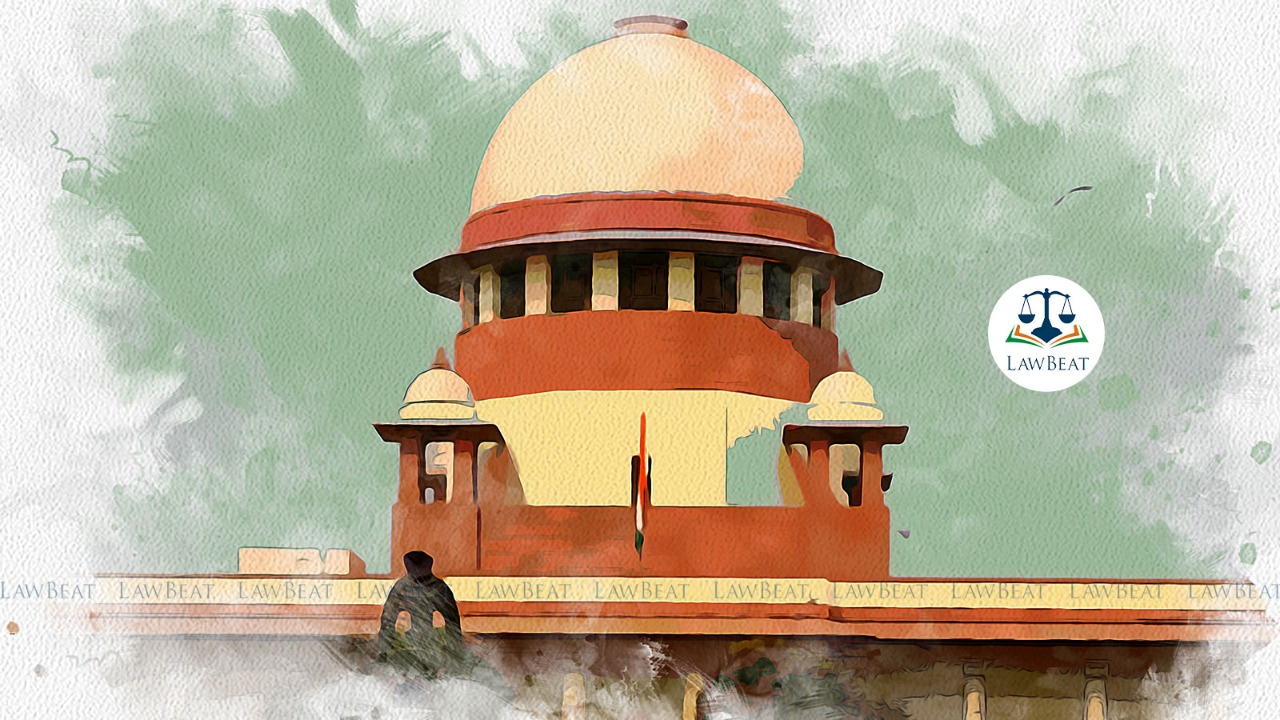Police has power to apprehend and seize vehicles-Supreme Court dismisses plea by Transport Association

Court opined, "If there be any individual case, wherever, according to the concerned person, there is non-compliance of the requirements of Section 102 of the Code, the concerned person will always be at liberty to file appropriate proceedings in a manner known to law”.
A Bench of CJI U.U. Lalit, Justice Ravindra Bhatt and Justice J.B Pardiwala, of the Supreme Court while dismissing a petition, was of the opinion that the grievance raised was not an issue to be raised under Article 32 of the Constitution, before the Court.
In the present petition, while relying on Enrica Lexis & Another v. Doramma & Others, Civil Appeal No.4167 of 2012 dated 02.05.2012, the petitioners (All India Transporters Welfare Association) had alleged that the Police keeping seized properties for a longer time, causes great inconvenience, and is an act inconsistent with the mandates of Section 102 of the Code of Criminal Procedure, 1973.
Section 102 of the Code talks about the power of a police officer to seize certain property, where Section 102(3) reads, "Every police officer acting under sub- section (1) shall forthwith report the seizure to the Magistrate having jurisdiction and where the property seized is such that it cannot be conveniently transported to the Court, he may give custody thereof to any person on his executing a bond undertaking to produce the property before the Court as and when required and to give effect to the further orders of the Court as to the disposal of the same".
The Bench did not comment on the scope of Section 102 of the Code, as it was of the opinion that it has been dealt by the Court, and needs no elaboration.
It was further of the opinion that the Police has powers to apprehend or take into custody any vehicle or substance.
The Bench further asked the petitioners that if Section 451, and 457 of the Code provide an adequate remedy then why did the parties approach the Court under Article 226.
Court even advised the Counsel appearing for the party that, “As an advocate you need to advise your client to approach an appropriate authority”.
When the counsel asked liberty to approach the High Court, the Bench denied it to avoid multiplicity.
The Court while dismissing the petition opined, “If there be any individual case, wherever, according to the concerned person, there is non-compliance of the requirements of Section 102 of the Code, the concerned person will always be at liberty to file appropriate proceedings in a manner known to law”.
Case Title: All India Transporters Welfare Association and Anr vs Union of India
